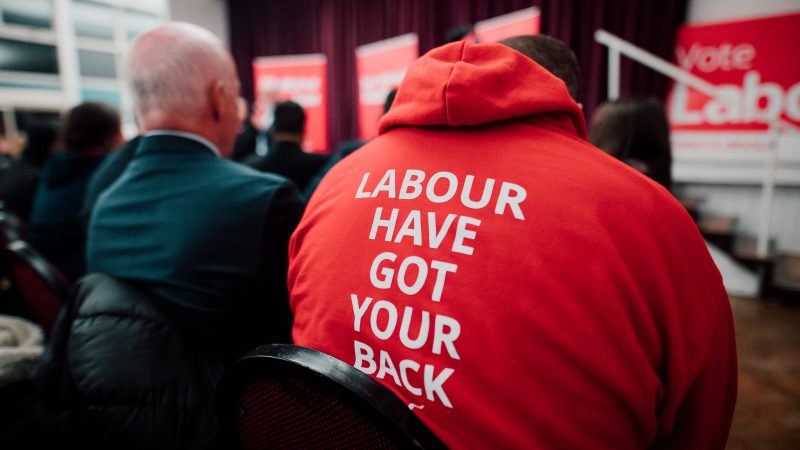
Values matter: what we and those around us hold dear is one of the biggest predictors of political behaviour, especially as identities become more complex and more self-authored. That is why Labour’s new general secretary David Evans has been a strong advocate for the ‘values model’ of understanding political behaviour. This splits the public into three broad tribes: ‘settlers’, social conservatives who are interested in economic and cultural security and the local; ‘prospectors’, concerned with appearances and social status; and ‘pioneers’, society’s innovators concerned with personal development and non-material goals such as learning and personal development.
To explore what this political focus on values means for the future of work and welfare, the Royal Society for Arts, Manufactures and Commerce (RSA), which undertakes independent research to understand social, political and economic trends, commissioned a representative poll of 2,000 British adults.
As Keir Starmer’s trailed conference speech indicates, Labour is particularly keen to appeal to the ‘settlers’ cultural group. Our polling shows why: of the 48% of the public who have “a lot of respect for traditional British values”, just 22% think Labour best represents them, compared to 39% for the Conservatives. It is incredibly challenging to see how Labour – under new leadership or not – would construct an election-winning coalition that does not speak to patriotic sentiments.
Conversely, Labour leads the Conservatives by 28 points as the party for those who think Britain’s increasing diversity is a good thing. Though this group is younger and leans more towards urban areas, they are to be found everywhere – including in target seats Labour needs to win, like Pendle and Plymouth Moor View. Diversity and British values are not in opposition, but the narrative needed to bridge the two will require creativity and leadership.
The ‘Red Wall’ may be blue, but 44% of those who say they are “more working class than middle class” identify most strongly with Labour, compared to 32% for the Conservatives. Labour’s policy chief, Claire Ainsley, has argued that the ‘new working class’ largely works in the service sector – call centres, not coal towns – and 20% of this group is BME. The point is that there is not a singular working-class and Labour will have to reach across values and economic divides as much within the working class and between working-class voters and others.
Economic security is the chief concern of ‘settlers’. The RSA backs exploring a basic income as a credible response to modern economic insecurity and as a complement, rather than a replacement, for work and welfare. Just 24% would prefer universal basic services where the Government provides free additional services such as public transport or broadband rather than a cash payment, our poll found.
Meanwhile, the contributory principle where the benefits you receive are based on previous earnings, is more popular among Conservatives, but still relatively low with 33% in favour. By comparison, 46% would back a local UBI pilot, with 16% opposed. Almost 50% back a UBI, with around a quarter against. Support for a blanket furlough scheme is now at just 39%, but there is strong support for targeting sectors most at risk from the continuing impact of Covid.
The RSA suggests an ‘initial’ basic income of approximately £60 per adult, per week, which would be funded largely by turning all but the personal allowance into a cash payment and paid using the existing tax-benefit infrastructure.
This would be just one component of what we have termed a new ‘social contract’ with new supports for all, in and out of work, to underpin both economic security and adaptability to major economic changes that are already upon us. Other elements include greater support for carers, those who need to re-skill, and greater access to support in work – not least through stronger trade unions. Our survey shows strong supports for unions, a job guarantee for the young and an RSA proposal to support incomes for six months while workers retrain.
Any basic income or other major policy change would have to be shown to support work (and indeed UBI trials have shown that to be the case). If there is anything that unites ‘settlers’, ‘prospectors’ and ‘pioneers’, as well as ‘new’ and ‘old’ working class, it is the belief that good work that supports economic security is central to a good society.




More from LabourList
Tom Belger column: ‘Why is Labour making migrant exploitation easier?’
Ashley Dalton resigns as health minister for cancer treatment
Paul Nowak column: ‘Labour must focus on the basics’